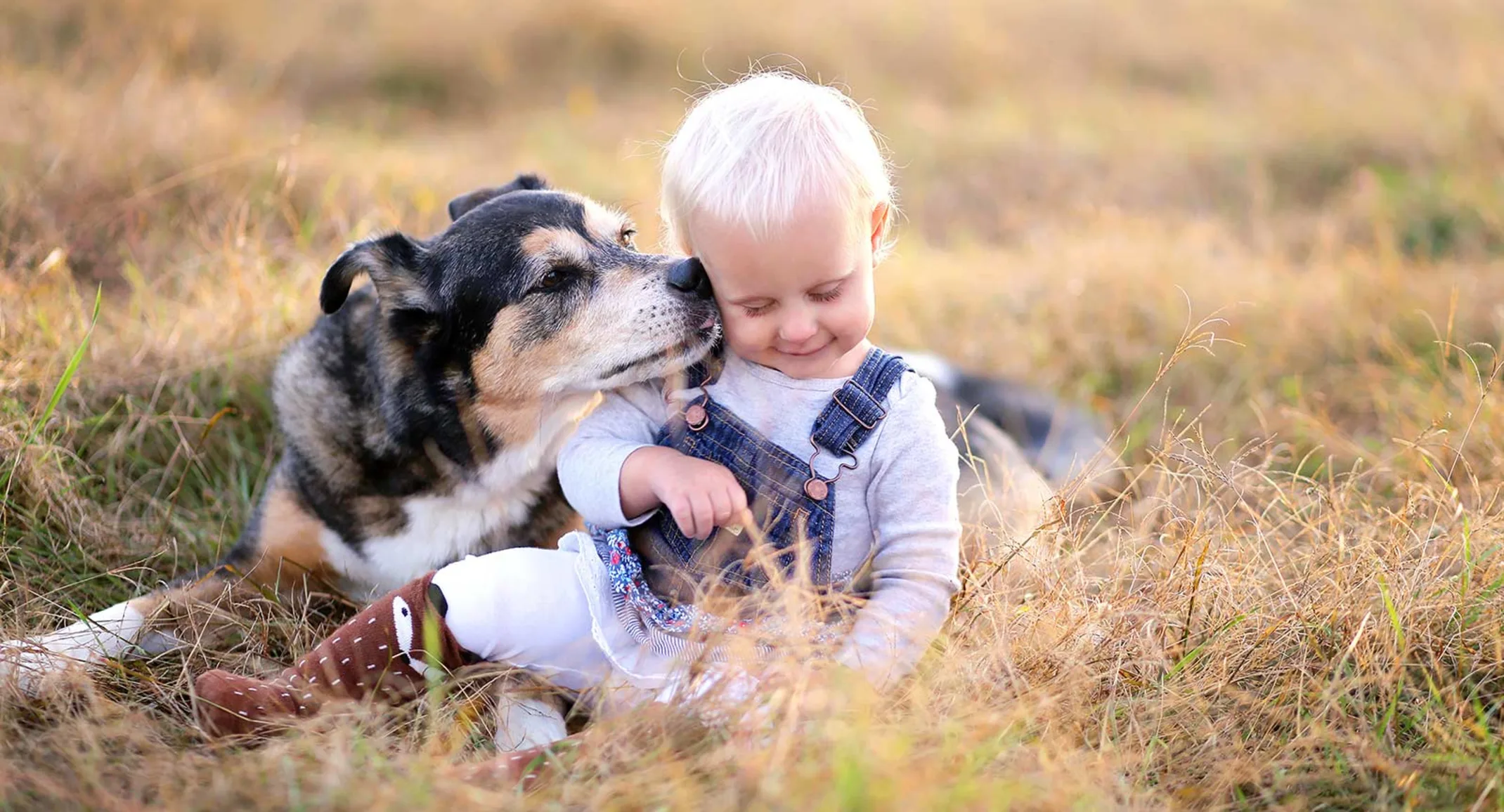Preparing Your Pet for Baby's Arrival
For Pet Owners

An infant brings many changes to a household, and it's best for your pet if you can make many of these changes during your pregnancy.
Cats and dogs are sensitive to routines, and by making changes before the baby arrives, you minimize the chances of your pet resenting the baby.
You should assume that you are going to have less time for your pet after the baby is born. Start by decreasing the number of hours you spend with your dog or cat in the weeks before your due date. Consider whether your pet's walking, exercise, or feeding schedules are going to change and adjust them now.
Evaluate your dog's obedience training. If he doesn't respond to commands such as "Sit," "Stay," "Heel" and "No," can't walk obediently on a leash, has a jumping problem, or exhibits any aggressive behavior, seek professional help immediately.
If you have a cat, make sure her claws are trimmed regularly.
Children can seem very strange creatures to animals. They are loud and fast, erratic and unpredictable, characteristics that can startle or frighten a cat or dog. If your pet has had little or no contact with children, it's important to begin the socialization process as soon as possible.
As you prepare your home for your newborn (setting up the crib, buying baby powder, lotion, and diapers), allow your pet to see and smell these items so he can get used to them. Don't allow your pet to climb onto the baby's furniture or blankets. Cats especially like curling up in the crib or bassinet. If your cat does this, remove him or her and keep the door to the nursery closed.
Create a place for the pet that is off-limits to the baby. Pets, too, need to get away from the baby from time to time.
